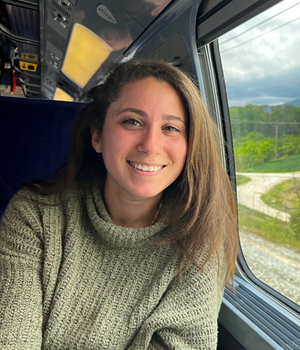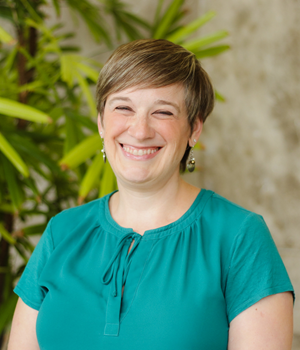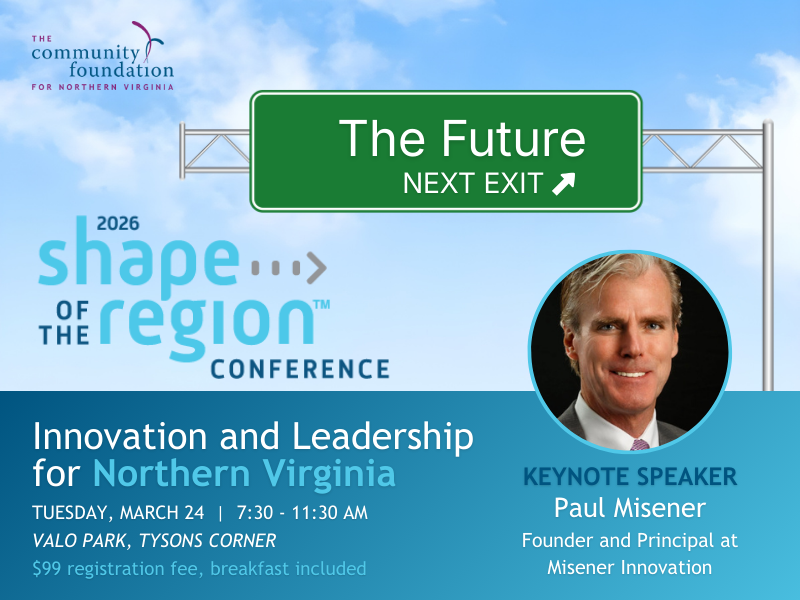In Northern Virginia, like much of the nation, Black-owned businesses are being negatively impacted by the COVID-19 pandemic. One report found 41% of Black-owned businesses have been forced to close due to COVID-19 compared to just 17% of white-owned businesses. All of this while Black-owned businesses face long-term, racial disparities that severely restrict business ownership, growth, and access to investment capital.
As part of our Build Back – Dream Forward: COVID-19 Response Fund Event Series, the Community Foundation for Northern Virginia, along with the Northern Virginia Black Chamber of Commerce hosted Business NOT as Usual: We Need More Capital, More Loans, More Equity for Black-Owned Businesses webinar Thursday, December 3, 2020, to examine strategies for advancing a more inclusive economic recovery. Keynote Speaker Andre M. Perry, Fellow at the Brookings Institution’s Metropolitan Policy Program shared new analysis on Black business ownership and development goals, including the need for more financial investment.
“Minority-owned businesses need access to direct capital,” said Perry. “If black-owned firms accounted for 13.4 % of employer firms (equivalent to the Black population), there would be nearly 750K more Black firms.”The racial wealth gap in the U.S. was stark before Covid-19 arrived, but the pandemic has exposed some of the health, income, and wealth inequities that have contributed to the long-running wealth gap.
A panel of leaders outlined strategies to address the growth of Black-owned businesses at the local level, and how corporate America, the federal government, venture capitalist, and the philanthropic community can support these efforts.
"Healthy black-owned businesses could be a critical component for closing the United States black-and-white wealth gap,” said Sheila Dixon, Executive Director with the Northern Virginia Black Chamber of Commerce.
Across the Greater Washington, DC region, COVID-19 has decimated local small businesses, but for Black-owned businesses, the pandemic has been especially catastrophic. To exacerbate the problem Black business owners have been more likely to apply for federal loans, but far less likely to receive funds.
“Black businesses received a lower rate of COVID-19 PPP loans compared to white businesses, according to Doyle Mitchell, President & CEO, Industrial Bank. “Discrimination in lending is still present.”
“It’s very difficult to get access to funds from venture capitalists,” said Tshaka Cunningham, Ph.D., Chief Science Officer, TruGenomix, Inc. “Black entrepreneurs are not asking for more we’re just asking for the same.”
The list of panelist included: Tshaka Cunningham, Ph.D., Chief Science Officer at TruGenomix; Carmen Felder, Founder of Authentic Connections PR & Business Management Firm; Karlene Sinclair-Robinson, Assistant Director, Business Finance Center, Community Business Partnership; Stacie Yee, Partner, Chief Diversity and Inclusion Officer at Pillsbury Winthrop Shaw Pittman LLP.
The event was recorded and is available for viewing. A copy of the slides shared is available here.

 Questions?
Questions? Questions?
Questions?




